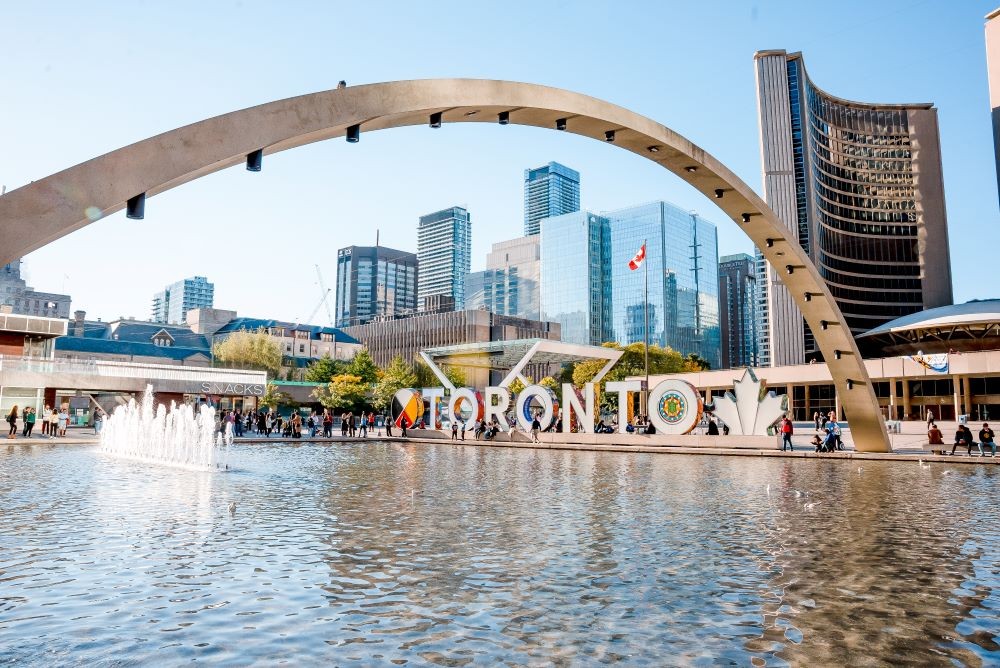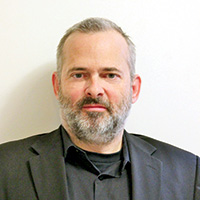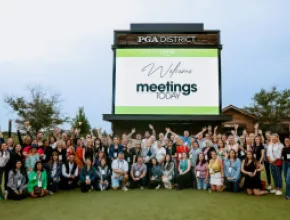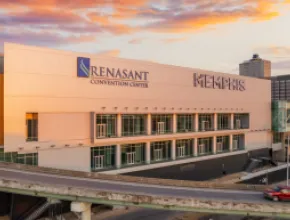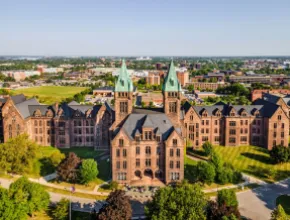These are exciting times for Canada’s biggest city and business capital, where sports, innovation and sustainability are significantly reenergizing the group market and technology-driven enhancements are redefining the group experience.
Adding to its status as a world financial hub, Toronto has emerged as North America’s fastest growing tech sector, with the largest concentration of AI start-ups in Canada.
As Destination Toronto’s Tara Gordon explains in her overview of the post-pandemic landscape for groups, resiliency is a key element in the city’s fast-track recovery. From center ice to centers of innovation, here are highlights of Toronto’s feisty, competitive group scene.
Toronto Ups Its Game
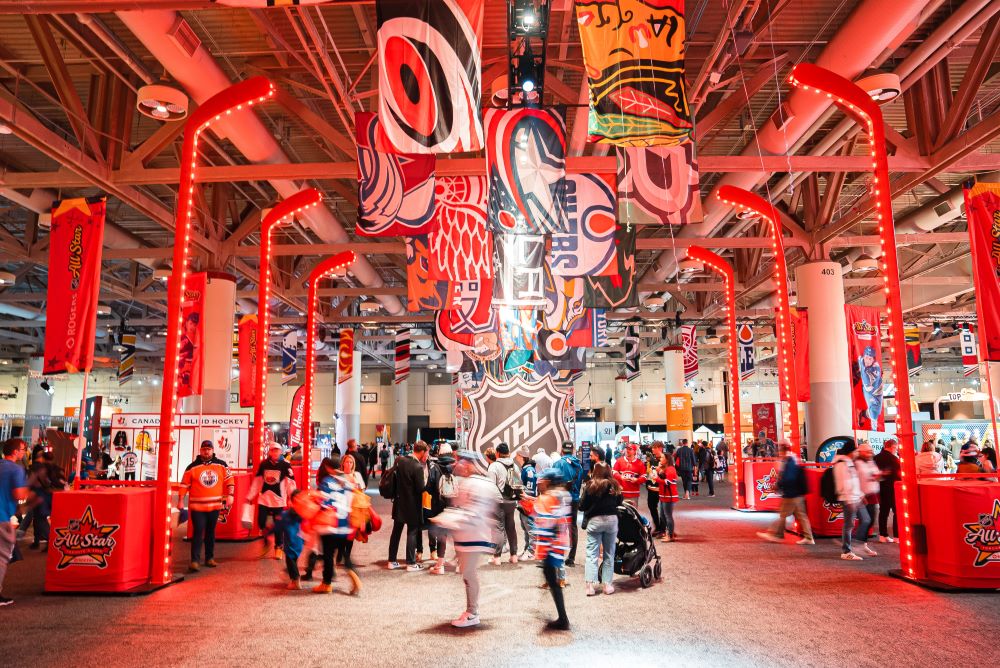
According to Destination Toronto’s “Visitor Economy: 2023 Market Performance Highlights” report, last year’s tourism spending of $7 billion eclipsed 2019 levels even though visitation still lags pre-pandemic numbers. The gap is closing though, with 8.95 million visitors in 2023 representing 93 percent of the 9.56 million visitors in 2019.
While up over 2022, group numbers are also still catching up to 2019 levels. Major meetings and events with more than 1,000 attendees remain a core driver of Toronto’s visitor economy, however, and the 2024 booking calendar is poised to bolster the rebound.
Highlights in the months ahead include the American Association for Thoracic Surgery and the Pediatric Academic Societies in April, with 2,600 and 7,000 anticipated attendees, respectively. June’s Collision tech conference is expected to bring in 35,000 delegates, followed by 3,000 attendees for both the World Water Congress and Exhibition in August and the MedTech Conference in October.
This February, Toronto hosted the National Hockey League (NHL) All-Star Weekend for the first time since 2000. Staged at group-capable Scotiabank Arena, the event was a significant “back to the future” opportunity in several ways. In 1947, Toronto hosted the first official NHL All-Star Game, which originated here in 1934 as a benefit game for an injured Toronto Maple Leafs’ player. Between 1918 and 1967, the Leafs won 13 Stanley Cups, including two three-peats, which has left the faithful hungry for a return to glory.
With 18,000 fans watching the action in the expanded three-day event, Destination Toronto and partners showcased the success in discussions that covered behind-the-scenes efforts and the strategic planning that won the bid, and opportunities for American businesses to engage with the city's dynamic sports market. Toronto's cutting-edge approach to sports, including innovations in technology, AI and the evolving fan experience, were also in the spotlight. Toronto also underscored its commitment to inclusivity in sports by highlighting the inauguration this January of the six-team Professional Women’s Hockey League (PWHL). Toronto took to home ice Mattamy Athletic Centre against Minnesota as part of the weekend schedule.
Generating an anticipated $54 million in economic impact for Toronto and the region, the event came with the added benefit of “a reputational lift” in terms of showing attendees and TV viewers the city’s vitality and major event hosting capabilities.
Echoing the Super Bowl effect on Las Vegas, this image boost will be significantly amplified in 2026 when Toronto becomes the first Canadian city to host FIFA Men’s World Cup play. Six matches are scheduled for Toronto’s event-capable BMO Field. Further ambitions include hosting the MLB All-Star Game. With the $500 million facelift of the outdated Rogers Centre, the multi-purpose home of the Toronto Blue Jays, underway and targeting completion by 2025, Toronto is reportedly in the running for the next cycle starting in 2027.
[Related: A First-Hand Look at Unique Offsite Venues in Toronto]
Visual Tech Adds Extra Dimensionality to Toronto Events
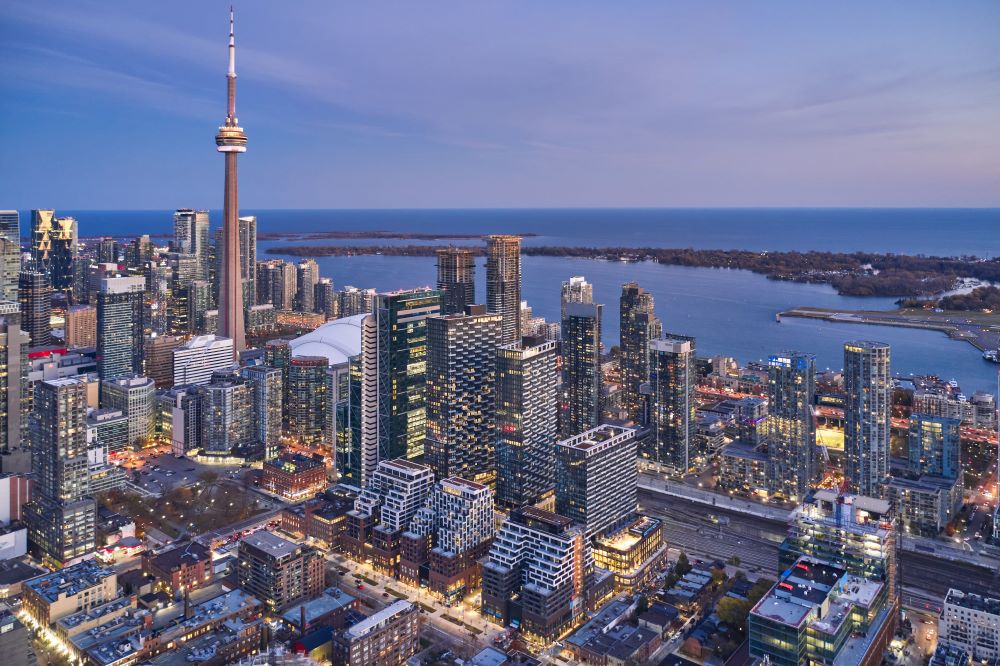
As Gordon mentioned, The Well exemplifies the dynamic investments transforming the Toronto scene. With advanced sustainability features such as a subterranean thermal energy storage facility consisting of a 2-million-gallon tank, this “choreographed city-building” of “synergistic connections” offers an attractive F&B component for groups. Examples include the venue’s Wellington Market, which incorporates the 5,000-square-foot Wellington Event Venue, a 200-capacity “activation space” for events, conferences and more. The campus also features a number of appealing restaurants and bars.
The Well is also home to event-capable Arcadia Earth, a multi-sensory experience that combines creative art installations and exciting technology to inspire visitors to take action toward a more sustainable future.
Updating the original 1937 Toronto Stock Exchange, the Design Exchange, or DX, serves as a dynamic hub of business, design, technology and innovation in the heart of Toronto’s Financial District.
Described by Destination Toronto as “a lively venue showered in style and focused on service,” DX’s magnetism for meetings, conferences, galas and other events is stronger than ever with newly renovated spaces and the launch of Canada’s first fully immersive projection mapping system. Featuring 45-foot-by-230-foot-tall projections, the state-of-the-art technology offers endlessly customizable immersive event experiences.
“Only a handful of venues around the world offer similar tailored edge-to-edge experiences,” stated director of events Liz McKenna on the DX website.
Hosting roughly 2,000 events and more than 150,000 guests annually in a full-service auditorium and mix of small- to mid-sized collaboration rooms, the 1.5 million-square-foot MaRS Centre in downtown Toronto is North America's largest urban innovation hub. The striking venue recently expanded its footprint with the 400,000-square-foot Waterfront Innovation Centre, which incorporates event and conference space.
Protecting and preserving the natural environment is a high priority as North America’s fourth-largest city continues to rapidly expand. Toronto’s Biodiversity Strategy includes a focus on “re-wilding” the city through plans to make the city’s waterfront community both a national and global model for sustainability and resilience. Other initiatives include joining the sustainability focused Biophilic Cities network in 2020.
[Related: Western Canada’s MICE Destinations Are Pillars of Success]
Plus: Q&A with Tara Gordon, Senior Vice President, Global Sales and Service, Destination Toronto
Tara Gordon leads Destination Toronto’s market-focused growth strategy, including building global brand awareness and strengthening Toronto’s strategic partnerships within the meetings and events sector. Speaking with Meetings Today, she shared her optimistic appraisal of Toronto’s robust return to action.

Jeff Heilman: How is the meetings and conventions market fairing in Toronto?
Tara Gordon: While we recognize that business travel globally is lagging behind leisure recovery, the resilience of our industry hasn’t faltered. Major meetings and events continue to drive us forward as pillars of Toronto’s visitor economy. Toronto welcomed 8.95 million visitors in 2023, and with the ‘festivalization’ of conferences increasing the incentive to attend in person, we’re optimistic that the market will return to normal booking pace in the near future.
Jeff Heilman: Any new developments our readers should be aware of?
Tara Gordon: Our city is undergoing a season of incredible change with one-of-a-kind venue openings, hotel renovations and new culinary experiences to satisfy the needs of business event attendees. We’re especially excited about the opening of The Well, a mixed-use space in the downtown core featuring over 300,000 square feet of retail, entertainment and dedicated event space. Toronto’s continued investment in place-making serves as a reminder that our city offers a rare mix of openness, knowledge-capital and innovation for those who choose to do business here.
Jeff Heilman: What’s new at the bureau?
Tara Gordon: Team Toronto is already off to a fantastic start this year, engaging with industry partners and working diligently to improve internal expertise as well. Recently, we were proud to celebrate two of our own passionate team members attaining their Sustainable Event Professional Certificate (SEPC) from the Events Industry Council. The valuable insights they’ve gained will surely be reflected across our entire organization as we collectively aim to do our part in shaping the future of the tourism industry.
Connect
Read this next: Historic Eastern Canada Event Venues That Feel Fit for Royalty



